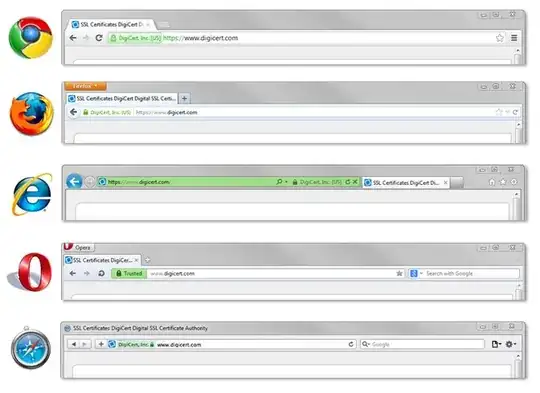What's the content of your website?
Is it anything anyone anywhere in the world could want to access without other people knowing about it (governments, marketers, snoops on the same wifi network)? Remember that what might be perfectly acceptable to view in your culture might not be acceptable elsewhere (like opinions about politics, sexuality or religion). HTTPS protects the privacy of your users.
Also, HTTPS protects you from any MITM attackers which falsify your content. Without HTTPS, any intermediates can change or inject content of your website, like additional advertisement in the best case and malware or misinformation in your name in the worst case. HTTPS protects you and your users from that.
In this day and age, you don't need a good reason to use encryption, you need a good reason not to. And no, performance is usually not a good reason - thanks to hardware accelerated encryption the added processing strain on your server is usually negligible.
